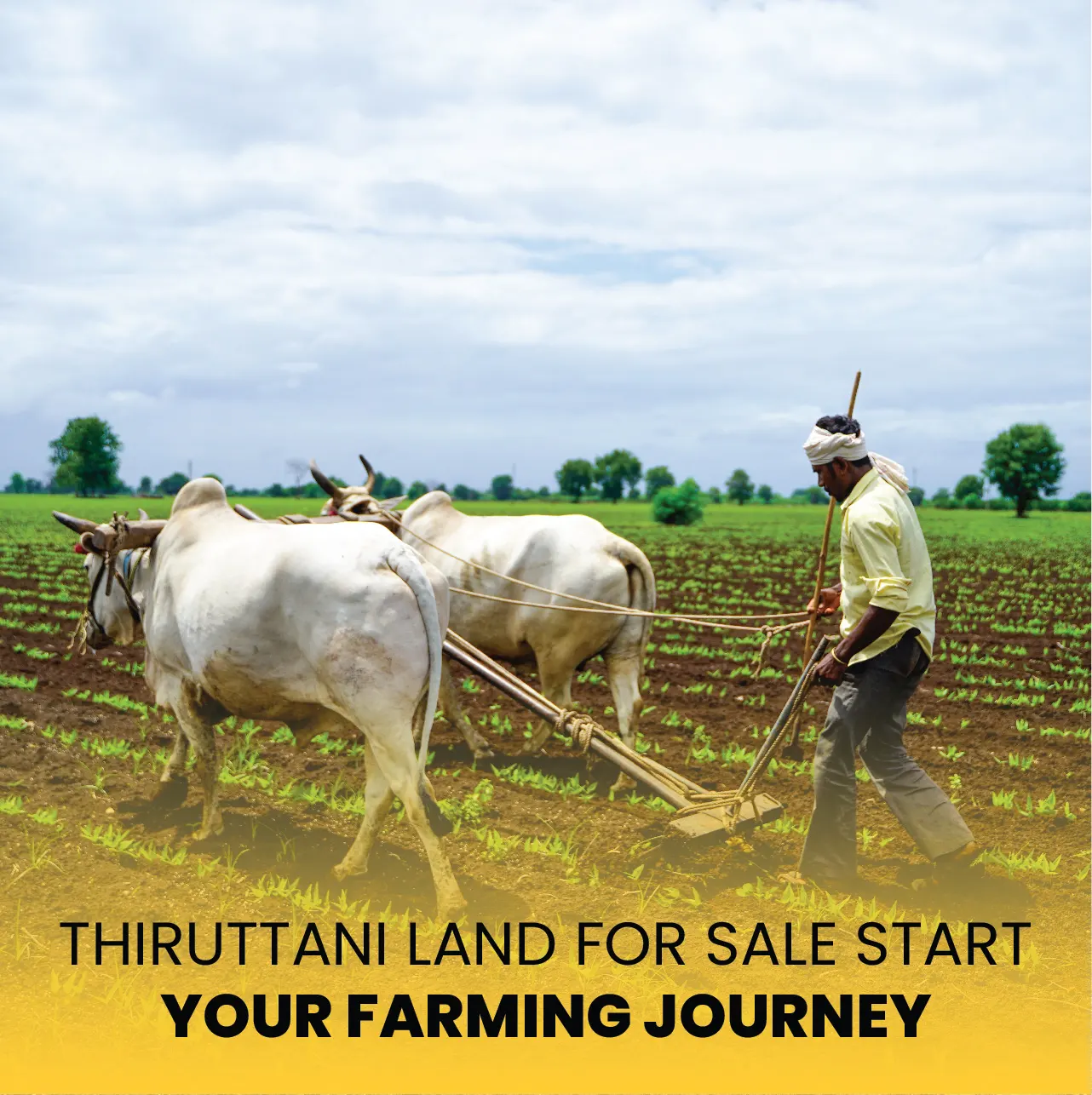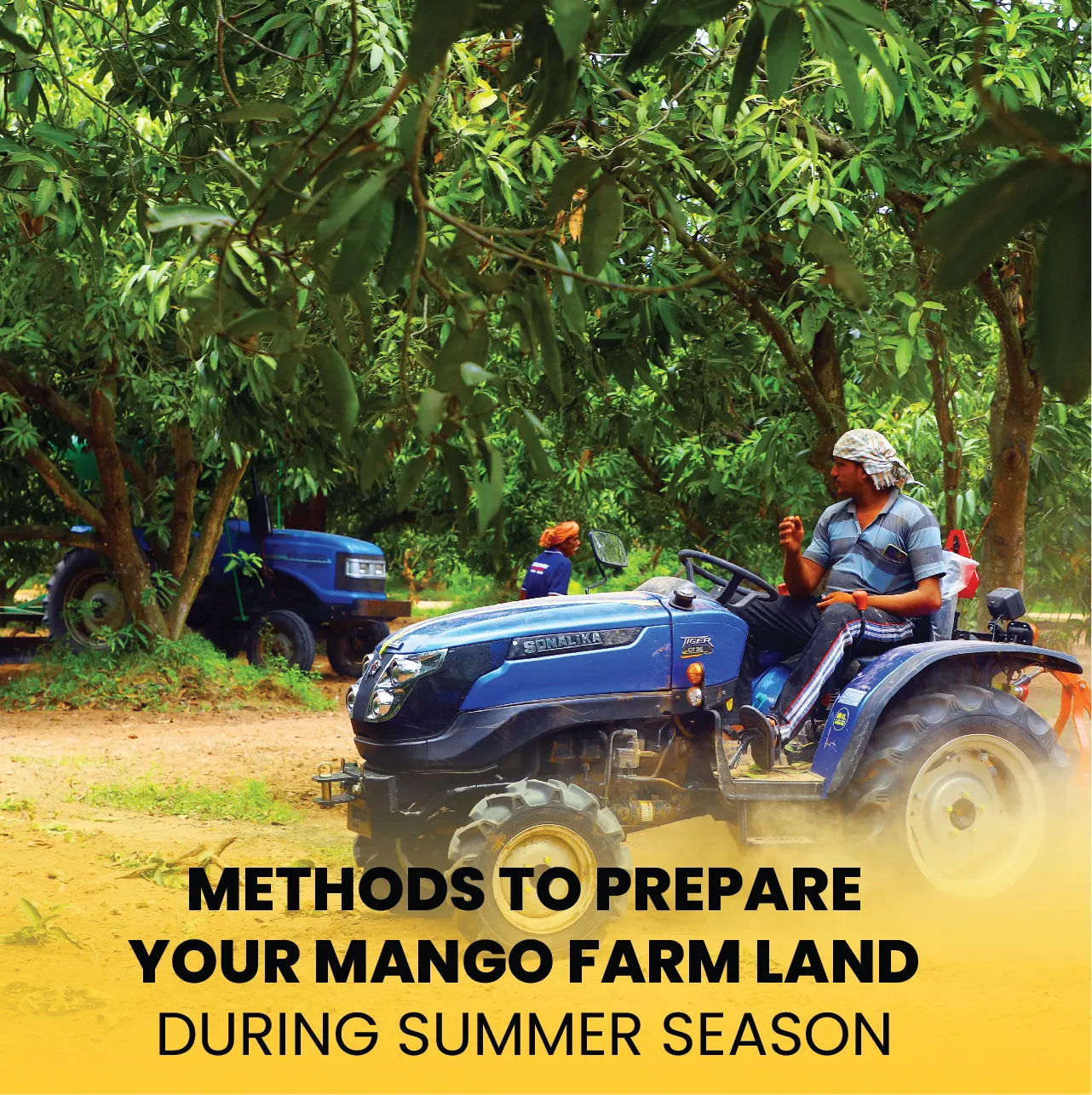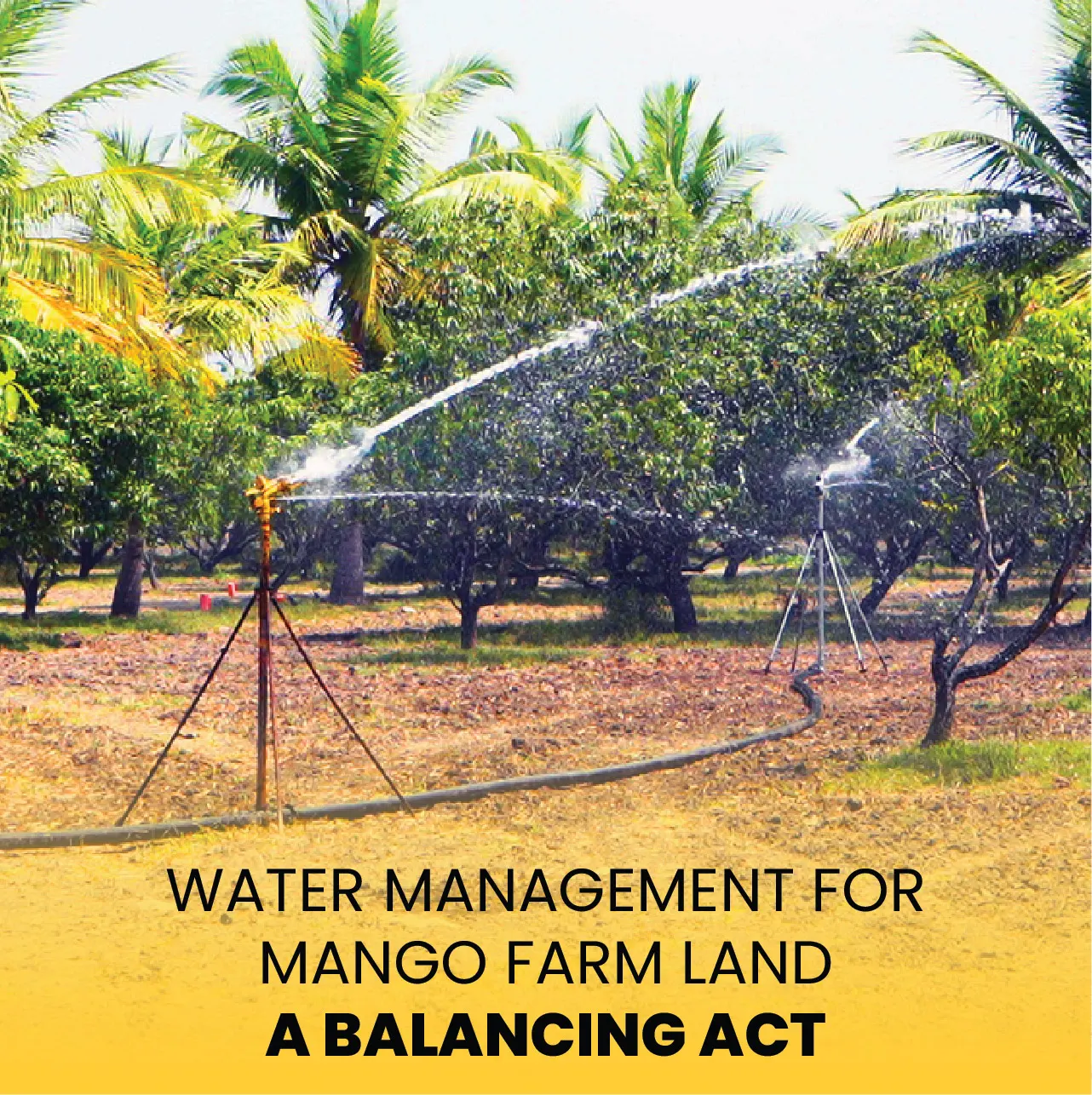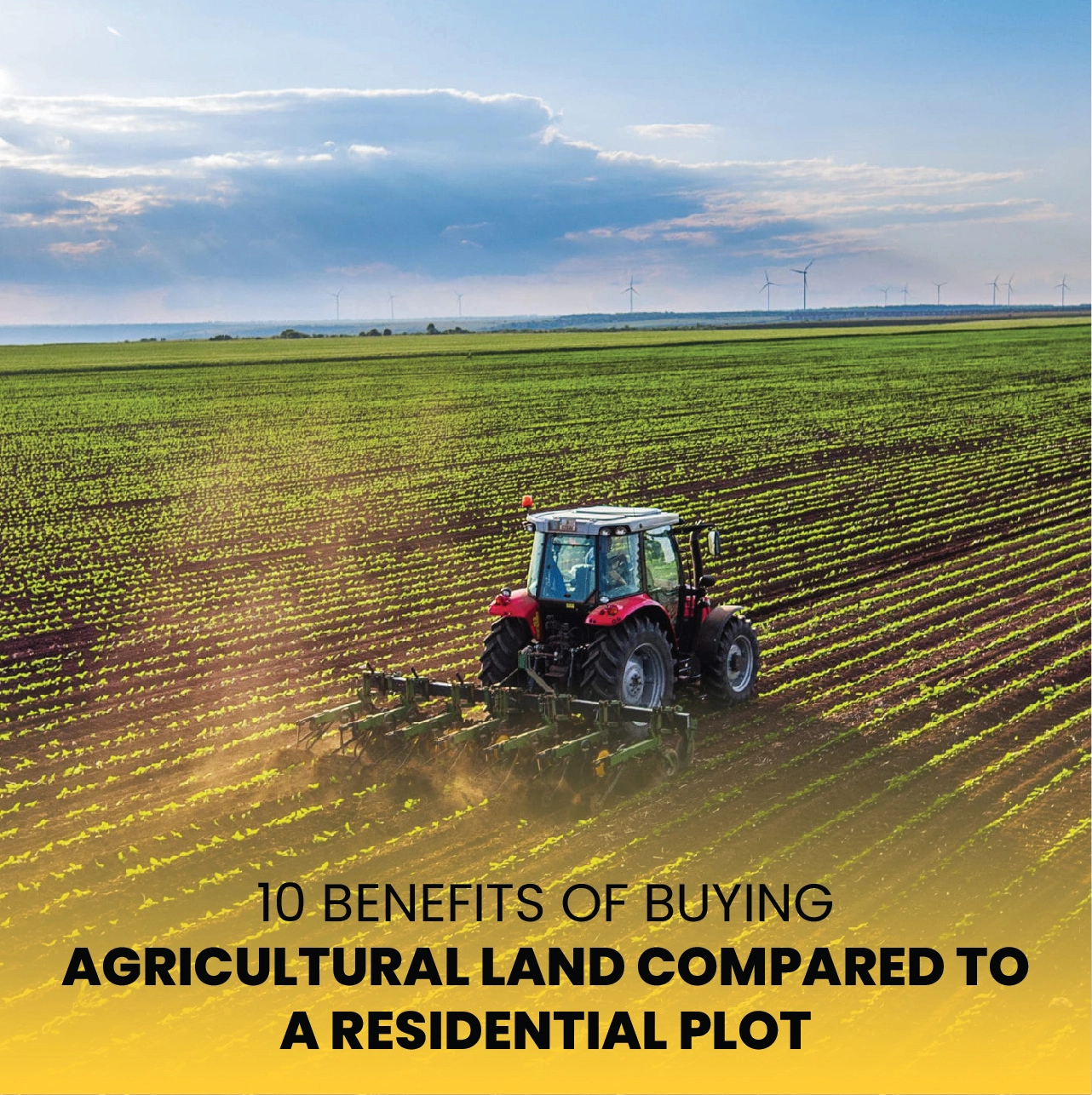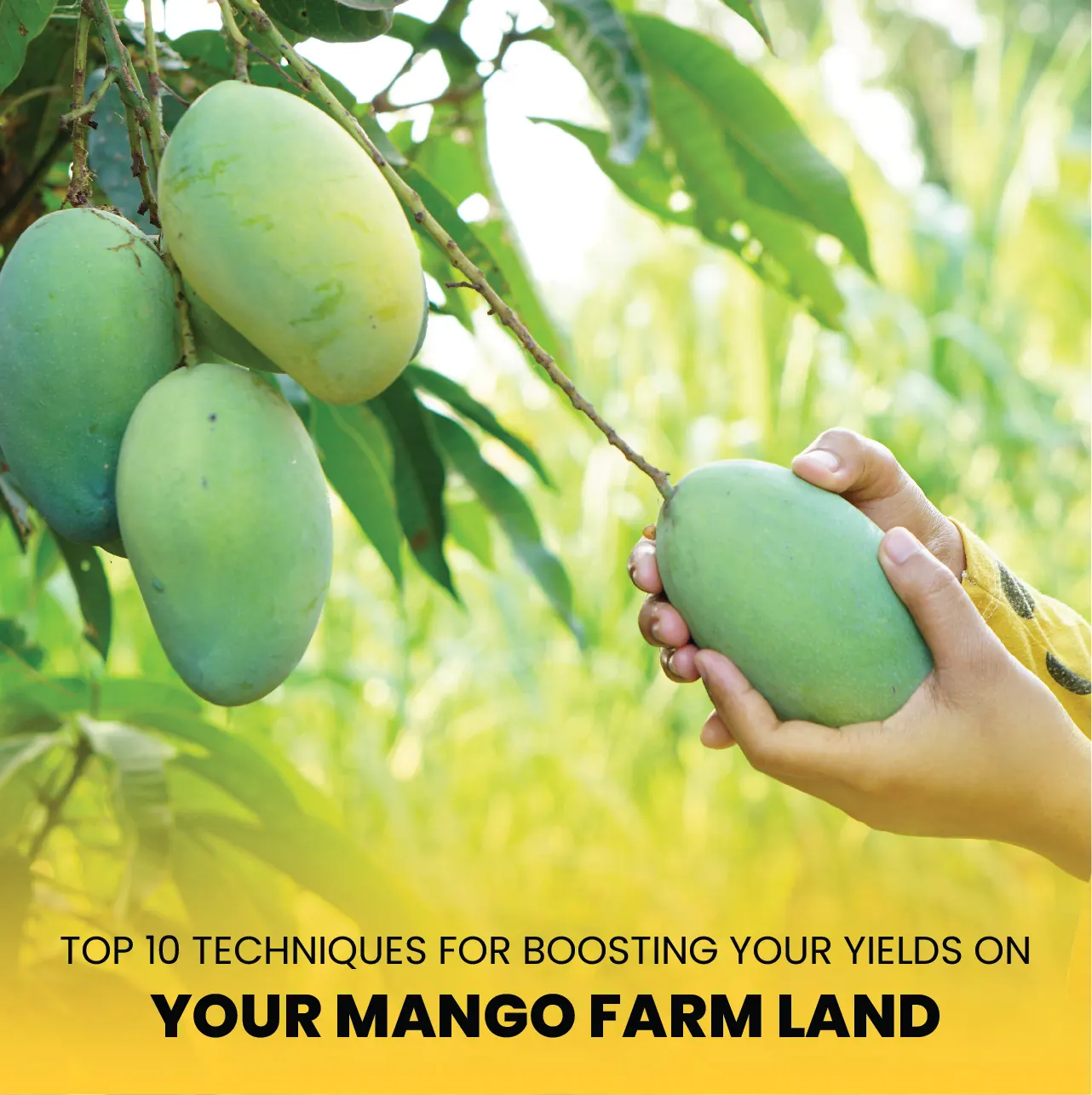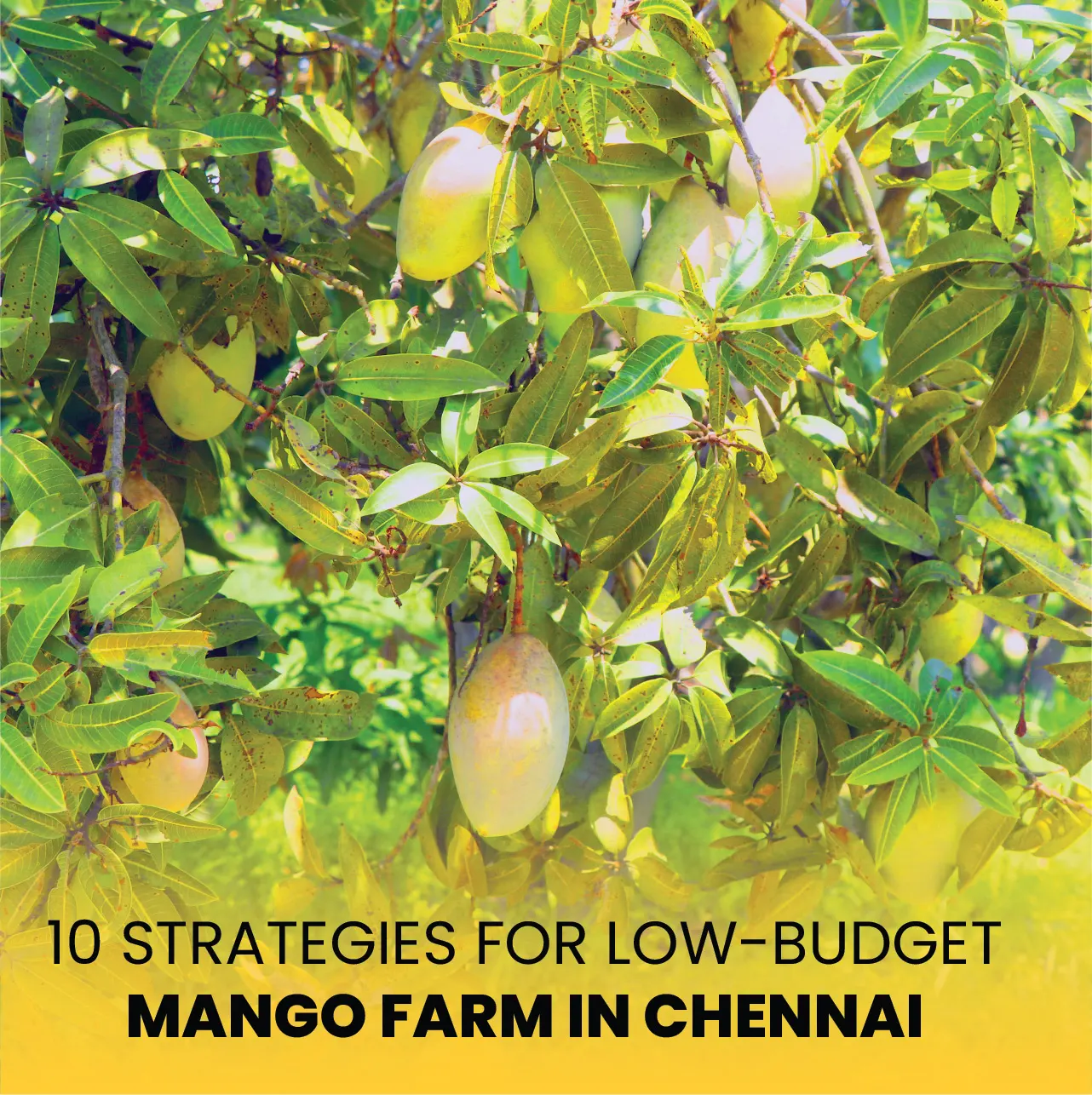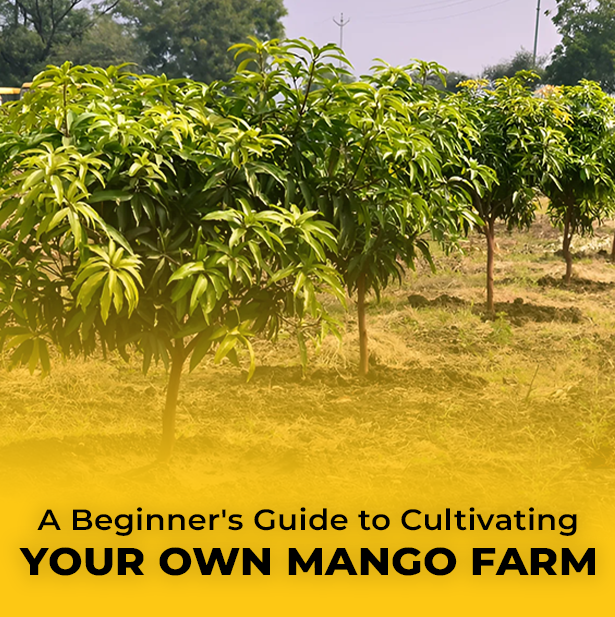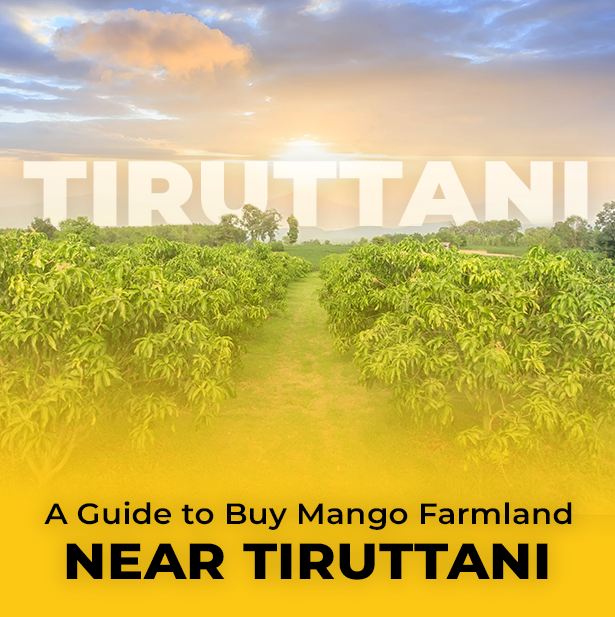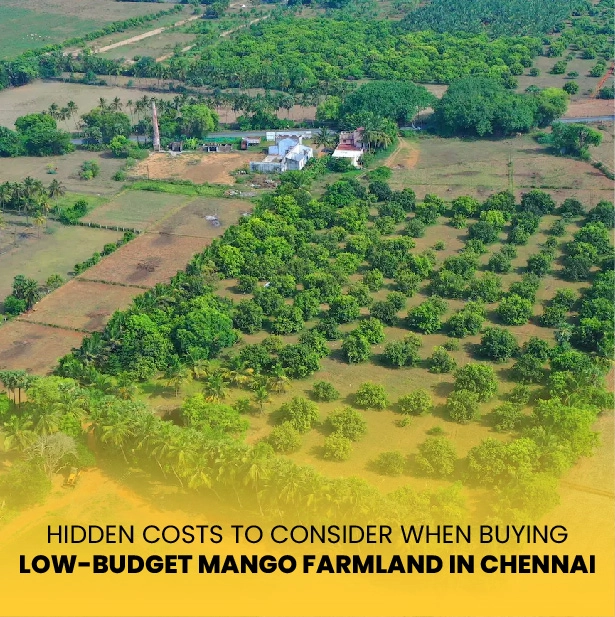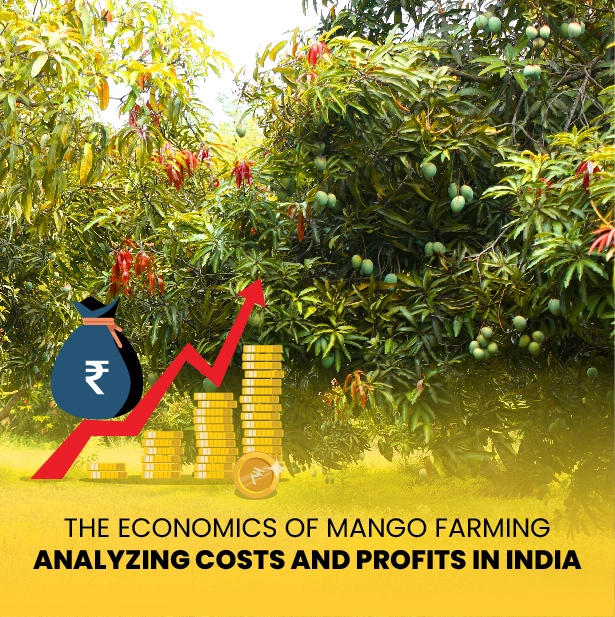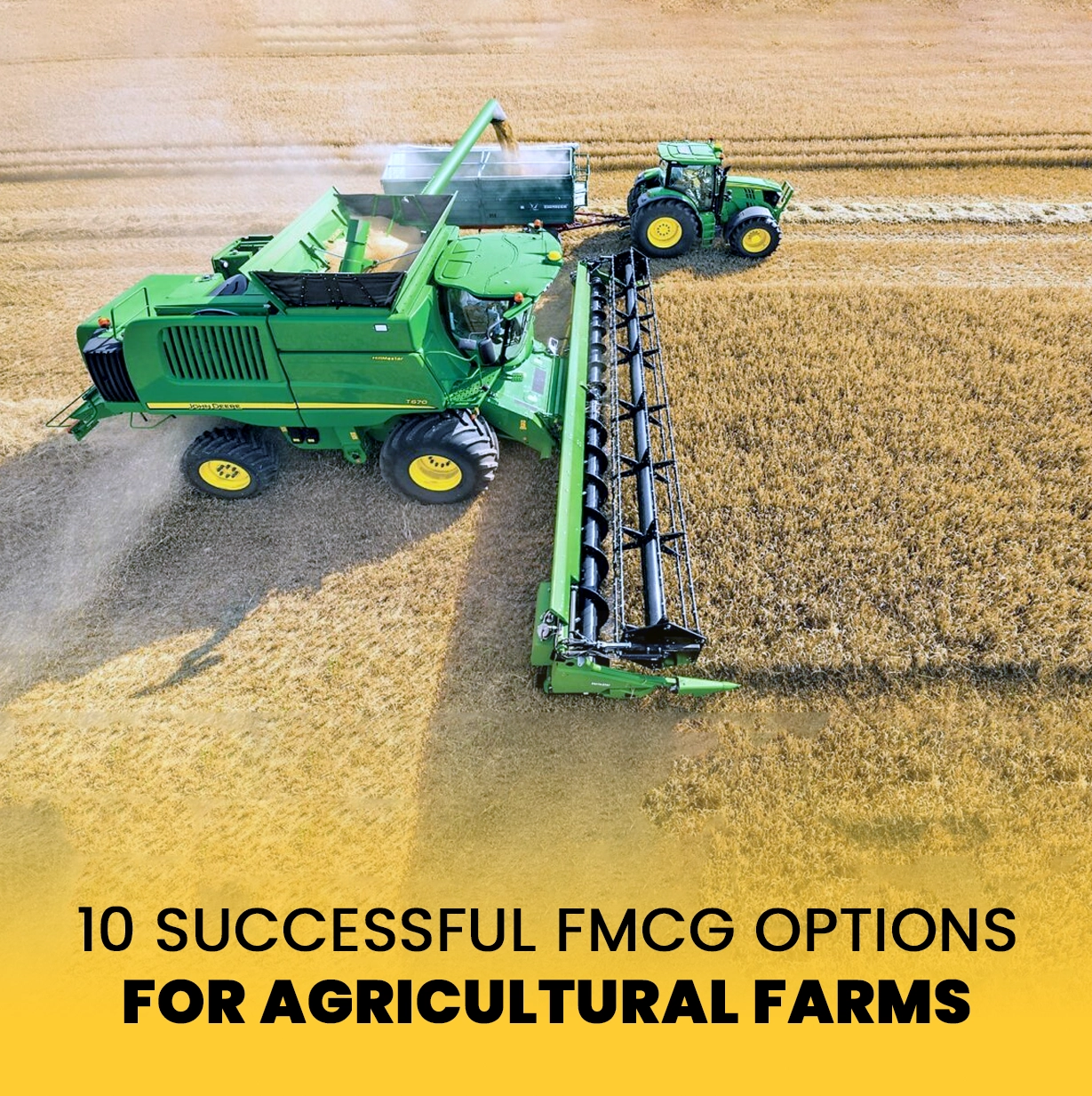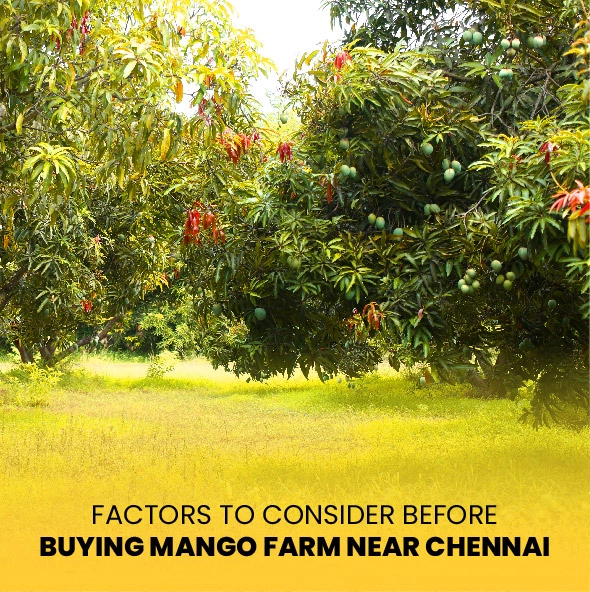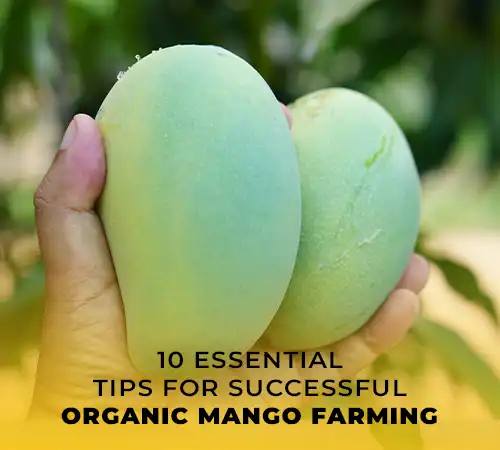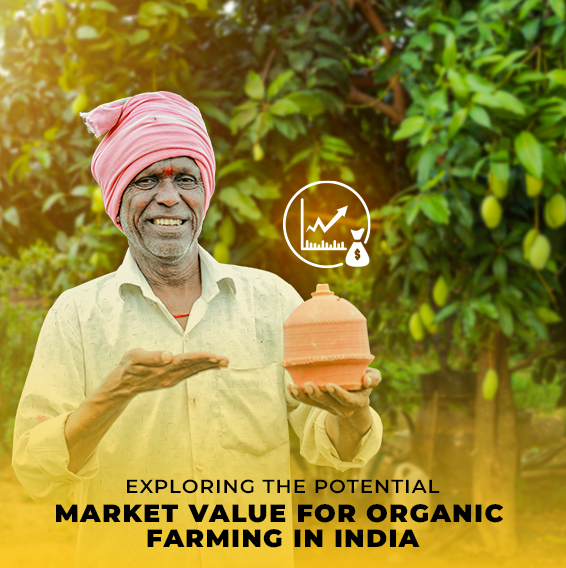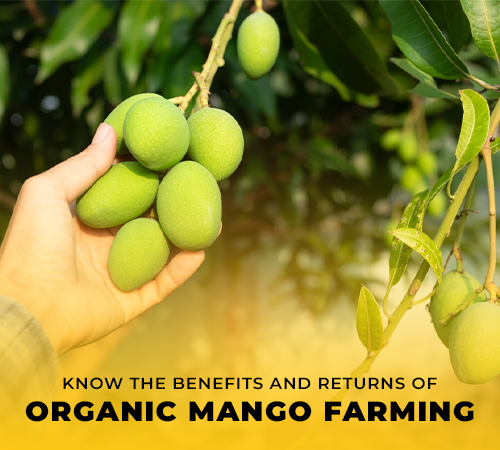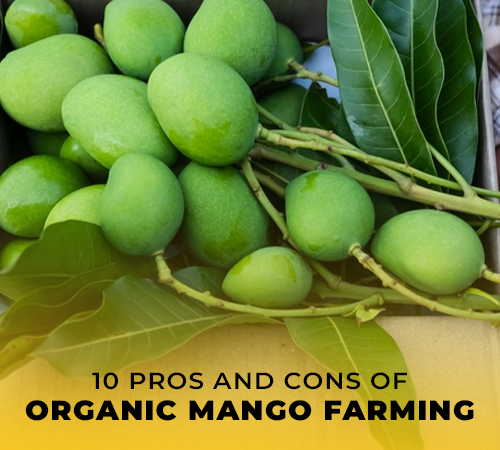Eco-farming is all about using sustainable agriculture practices that are environmentally friendly, resulting in healthy crops and soil over time. For novices, here are some crucial pointers to get you started on the right path to eco-friendly farming:

Healthy soil is the basis for successful farming. To preserve soil fertility and structure, include organic matter such as compost or cover crops. Avoid synthetic fertilizers and pesticides since they can harm soil microorganisms and degrade the land's long-term health. Instead, use natural fertilizers and replenish the soil through strategies such as crop rotation.
Eco-farming promotes water efficiency. Install rainwater collection systems or drip irrigation to guarantee crops get the water they need without wasting it. This reduces water use while minimizing environmental effect.
Chemical pesticides can upset ecosystems and destroy valuable insects. Instead, adopt Integrated Pest Management (IPM), which relies on natural predators, organic insecticides, and crop diversity to keep pests under control.
Crop rotation and diversification are crucial measures in eco-farming. Growing diverse crops in succession prevents soil depletion and lowers the danger of pests and illnesses. Diverse crops also help maintain a healthy ecology, which improves the resilience of your farm.
Composting is an environmentally friendly approach to recycling organic waste such as kitchen scraps, leaves, and plant debris. It fills the soil with important nutrients, lowers landfill waste, and promotes healthier plant development.
Instead of using manure, compost, and green manure (cover crops), which are all natural, you should use them. These not only feed your plants, but they also make the soil better, help it hold on to water, and encourage microbes to live in it.
Agroforestry is the practice of using trees and bushes on your farm to increase biodiversity, stop soil erosion, and give wildlife a place to live. Trees can also help remove carbon dioxide from the air, keep water in the ground, and bring in money through fruit or wood.
When you grow in an eco-friendly way, you use chemicals like pesticides, herbicides, and synthetic fertilizers as little as possible, if not at all. Not only do you protect the earth, but you also make products that are healthier for people to buy.
Farmers can reduce their use of fossil fuels by utilizing renewable energy sources like solar and wind power. Farmers can use solar panels to power irrigation systems or wind machines to make electricity, both of which are practical and long-lasting choices.
If you want to grow in a way that is beneficial for the environment, you might want to get organic certification. High demand for organic goods can give you a market advantage. Certification also shows that your farm follows the rules for organic growing, which can help people trust you more.
As you can see, eco-farming is more than just lowering your impact on the environment. It's also about making your farming system strong and long-lasting. By focusing on biodiversity, soil health, water protection, and making use of natural resources If you're smart, you can create a profitable farm that also benefits the environment. New farmers may need some time to adjust to these methods, but they will ultimately yield higher crops and outputs, as well as a more stable farming system.
By using eco-friendly farming methods, you're not only making the land healthier, but you're also helping to make the future of the world greener and healthier.
